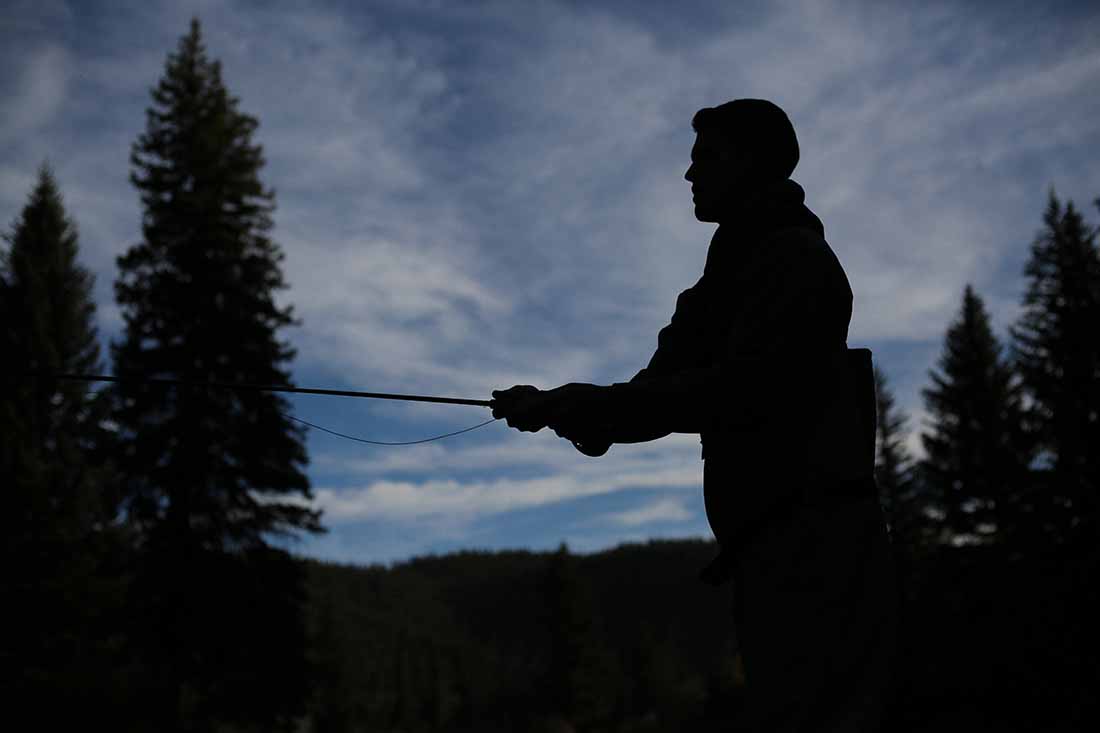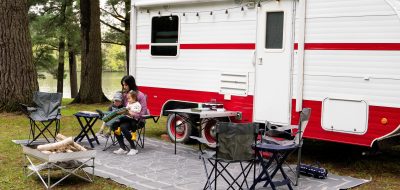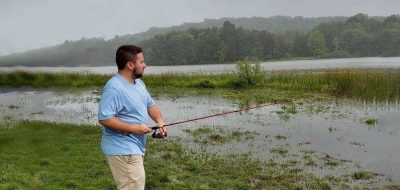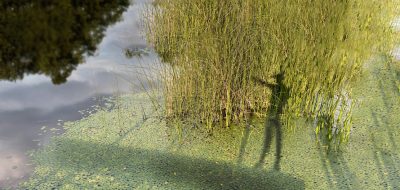Summer bass fishing can be tricky. Find out how to haul in big catches despite the high temperatures.
Savvy anglers will tell you that the hot days of summer are the worst times to fish for bass. The high temperatures send the bass deeper in the water and force them to wait for morning or evening to feed.
One great perk of summer is the increase of daylight hours, but that doesn’t help your fishing game. Luckily, you don’t always have to wait for the sun to set to find some action.
We’re taking a look at all the tips and tricks you need to know the make the most out of each fishing trip this summer.
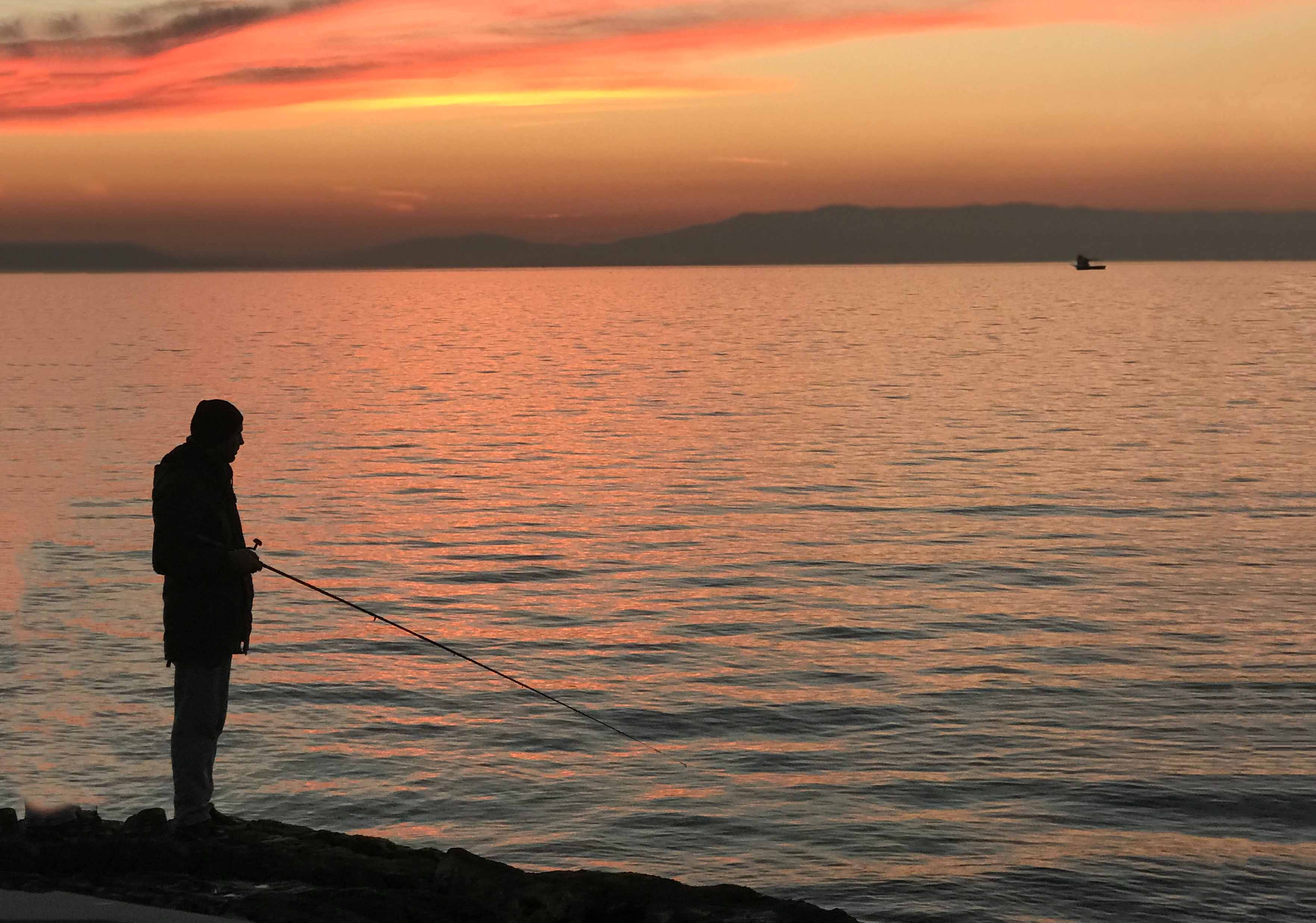
An angler takes advantage of the dawn to catch bass before the sun drives them into the depths. Photo: Baran Eryilmaz
When Should You Fish?
It’s no secret that every angler prefers fishing at sunup and sundown. The reason is simple: Fish are cold-blooded, and they don’t do well with extreme temperatures. This goes for really hot summers and cold winters.
When the temperatures are extreme, it causes the fish to feel sluggish. As a result, they’re less likely to out after their favorite meals.
Morning
If you decide to go out in the morning before the hot sun hits the water, you will have a high chance of success. During this time the fish hang out in comfortable water temperatures, so you can find them around shallow areas along the shore.
If you happen to get out in the late morning, you’ll have the best experience, because the extra time has given the water a chance to warm up, which will make the fish even more active.
Afternoon
By afternoon, the feeding frenzy has most likely ended, and fish are looking for somewhere to retreat. At this point, you want to start thinking deeper. Fish will be looking for cooler water temperatures, which means they will have to head deeper into the water, and you should follow them.
While this is true much of the time, it doesn’t apply all the time. Of course, if it’s an overcast day with a misty sprinkle, that will affect their migration. Fish will tend to stay active longer if the water temperature stays down.
Evening
If you’re fishing the evening waters, you’ll have an experience comparable to our early birds. The water temperature reaches its peak around 5 p.m., and it drops from there. If you are out around 8 p.m. or 9 p.m., when the sun is setting, you’ll be able to fish the shallows again using top waters.
As with everything, use your judgment, based on the amount of sunlight and the temperature. If it’s 90 degrees at 8 p.m., don’t bother fishing the shore; stay out along drop-offs and underwater cliffs.
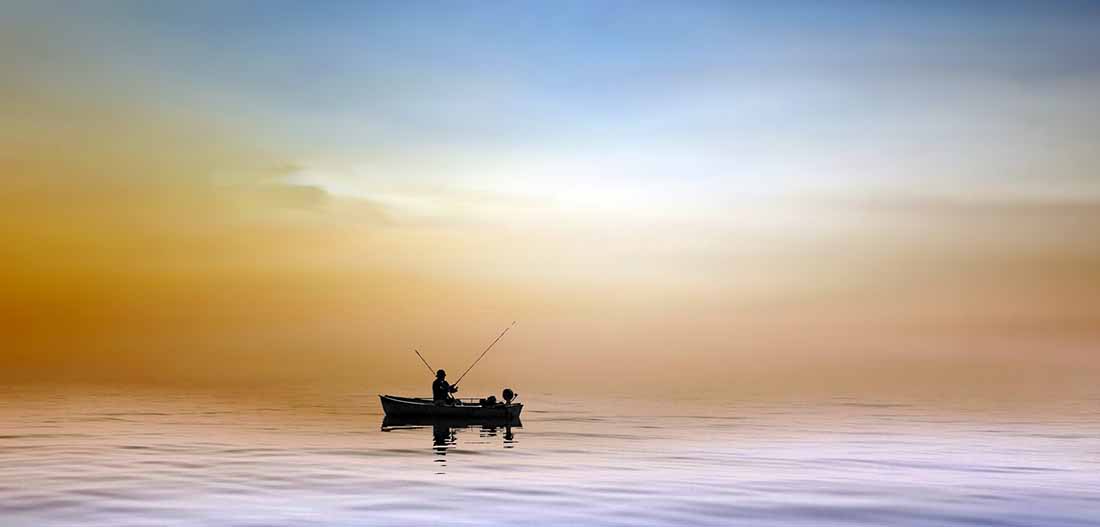
An angler uses a boat to gain access to the deeper parts of the lake — a cool hideout for bass during the hot afternoons. Image: Unsplash
Summer Bass Fishing Tricks
Let’s assume that you have no choice but to fish the hottest parts of the hottest days. What should you do? The areas where fish usually hang out are vacant, you’re drenched in your own sweat and, for some reason, you insist on fishing anyway.
You’re a real angler, and we love it!
Here is one of the most important things you may ever learn about bass fishing in the summer. You’ll always catch smaller fish when it’s hot out.
Small fish can withstand the heat better because their body requires less oxygen to function. When the water is hot or freezing, there is less oxygen in the water, which slows down their metabolism.
Low metabolism means less energy and less feeding. It also means you have to slow down your presentation (your level of fishing activity, including trolling technique) because they will not chase your bait across the lake when it’s hot.
Didn’t expect a biology lesson, did you?
So what does this mean?
It means you need to do the opposite of what you think. You need to use an incredibly heavy weighted lure and fish deep so you can bypass all the small bass sitting at the surface.
But deep-water fishing comes with problems. I suggest using the cheapest jigs with a simple grub when you’re doing this because you will lose a lot of tackle. You’re going to get hung up a lot, and you will have to re-knot all day.
We talked about a lot here, so let’s recap. If you are fishing, the hottest summer days here’s what you need to do.
- Fish deep water
- Use large lures and plenty of weight (bypass small bass)
- Utilize cheap tackle
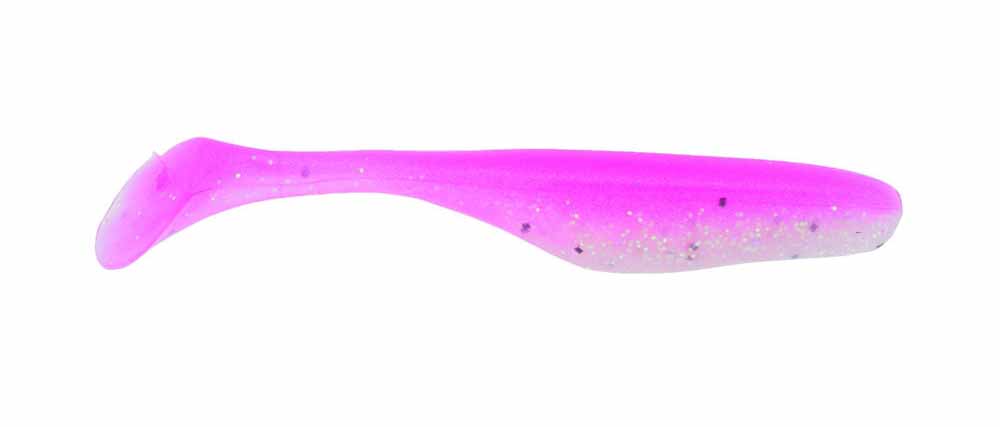
A lure designed for bass fishing in both freshwater and saltwater. Photo: Gander Outdoors
Summer Bass Fishing in Deep Water
This is where having a fish finder comes in handy. It’s challenging to understand where to fish when you can’t see any of the natural signifiers of a good “spot.” You can’t see the stumps, the vegetation or debris.
So how do you determine the depth without a fish finder?
The only way to do this right is by plumbing the water. Personally, I find this to be inaccurate, and after doing it a few times you might say, “forget it, I’m getting a fish finder” (like I did). But here are the basics of plumbing for water depth.
You need a buoyant float and a plummet.
- Set the float a yard up to your line and secure it with a split shot on each side.
- Put your hook through the plummet and secure it to the cork bottom.
- Cast out with plenty of slack and give the plummet a chance to reach the bottom.
- Measure the distance between the float and the plummet.
Why do this?
When the water is warm, bass tend to hide out along sudden drop-offs and changes in depth. You want to locate these changes by surveying spots all around the lake. This is a tedious process, and it takes away from your fishing time, but it works well if you’re disciplined.
Continue plumbing the area around your boat until you experience a drastic change in depth. When you find that depth variation, fish the area in between the two depths to have the highest chance of locating the drop-off. When you do this, you will always find a ton of bass.
Best Bass Fishing Lures for Summer
Everyone and their cousin have an opinion on what the best lure is, but here are my recommendations for the best summer bass fishing lures.
Jerkbait
During the hot summer months, I like suspending jerkbaits because they stay within the strike zone longer and they don’t float back to the surface. With these baits, you still want to target transition points in the water bed, but you can also look towards areas where two sections of water meet.
Plastic Worms
Plastic worms are my go-to, regardless of the conditions. With this bait, you can fish structure if it has enough coverage and it’s not excruciatingly hot out. Worms require a finesse fishing style that obligates you to have more patience because the fish aren’t biting out of instinct anymore. They are either mad that you’re there or they are hungry.
My favorite plastic worms are the ones that have scents built-in. These attract attention and make sure you still keep size in mind when fishing warm waters. Bass are not active during this time, so if they see a chance to get a good meal in one shot, they’ll go for it.
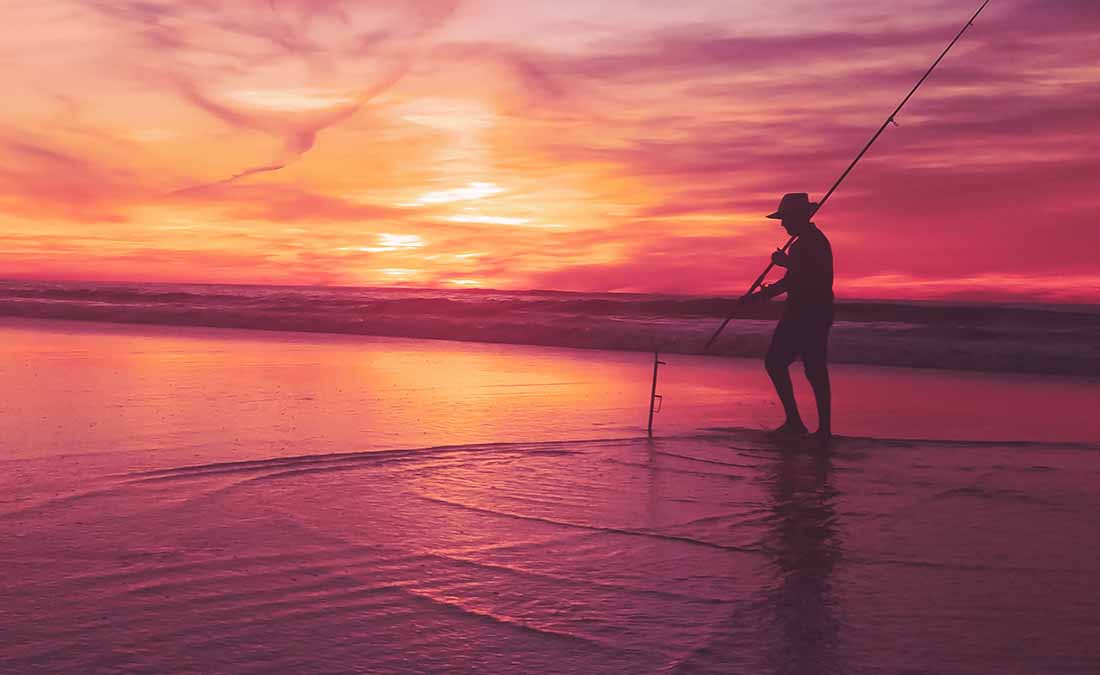
Getting ready for a big catch. Photo: Arhihou Anas.
Net Result
While fishing during the hottest part of summer is not ideal, it’s not a death sentence either. You can still catch bass and have a ton of success, but you need to change your habits. As anglers, we always think that our way is the right way.
Unfortunately, the fish don’t care. You have to think like they do in this situation and give them what they want.
Let’s recap the most important points:
- Bass are slow and sluggish when it’s hot
- Their slow behavior requires you to slow down your presentation
- Bass retreat to deeper and colder waters
- Plumb the water to find the drop-offs where bass hang out
If you utilize the tips and tricks in this article, you should have no problem catching bass no matter what the temperature is outside. And if you have any questions about any of the techniques and terminology discussed in this article, stop by a Gander Outdoors location for some expert help. Keep fishing and have a great summer!

